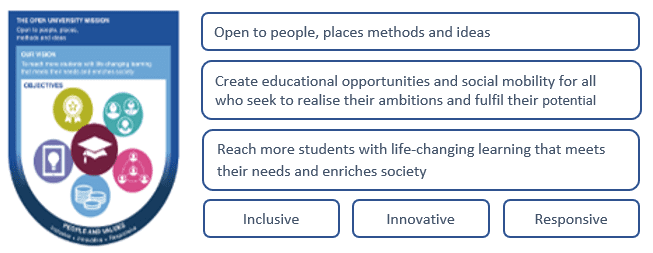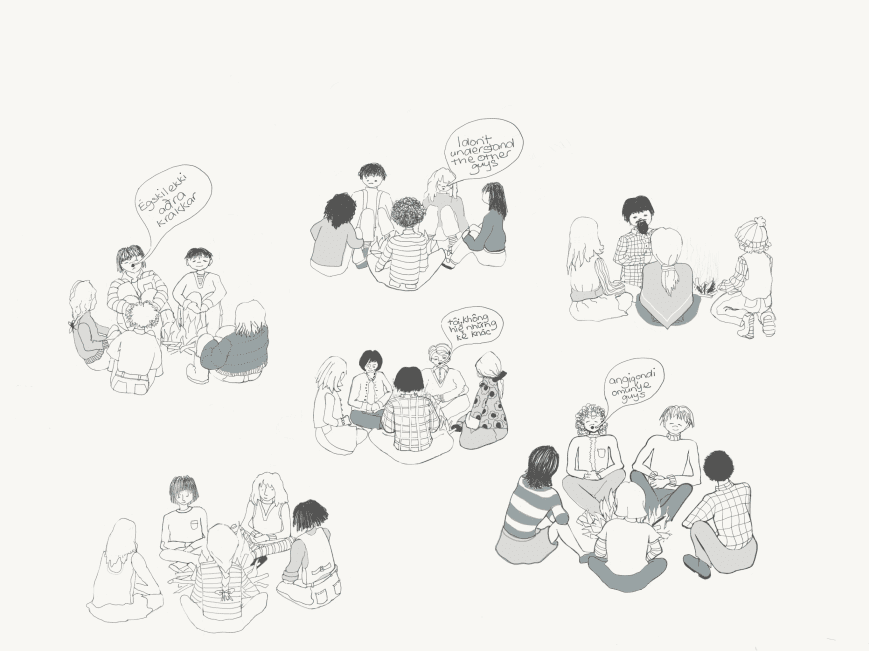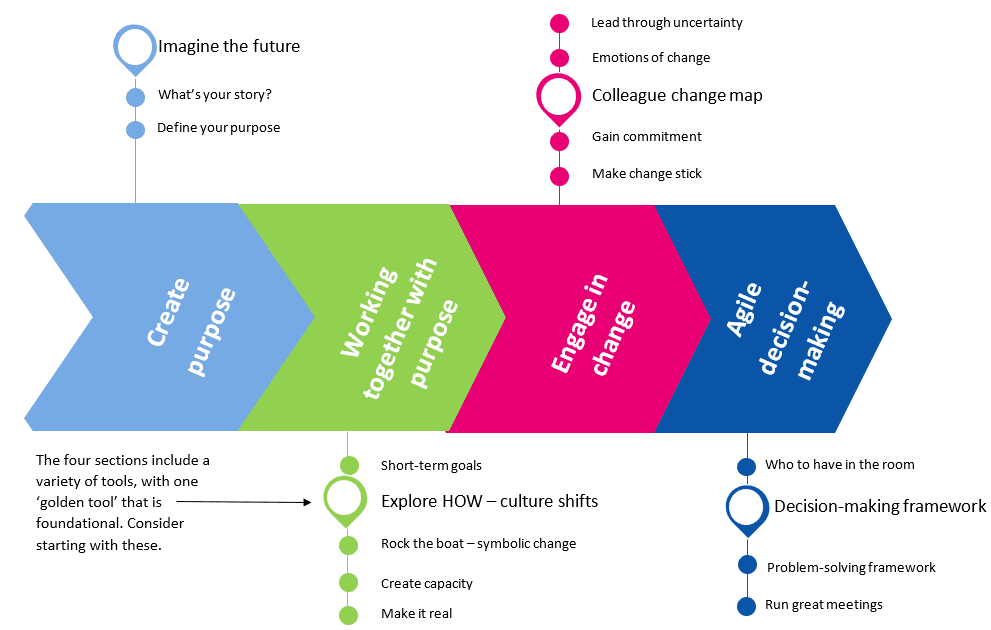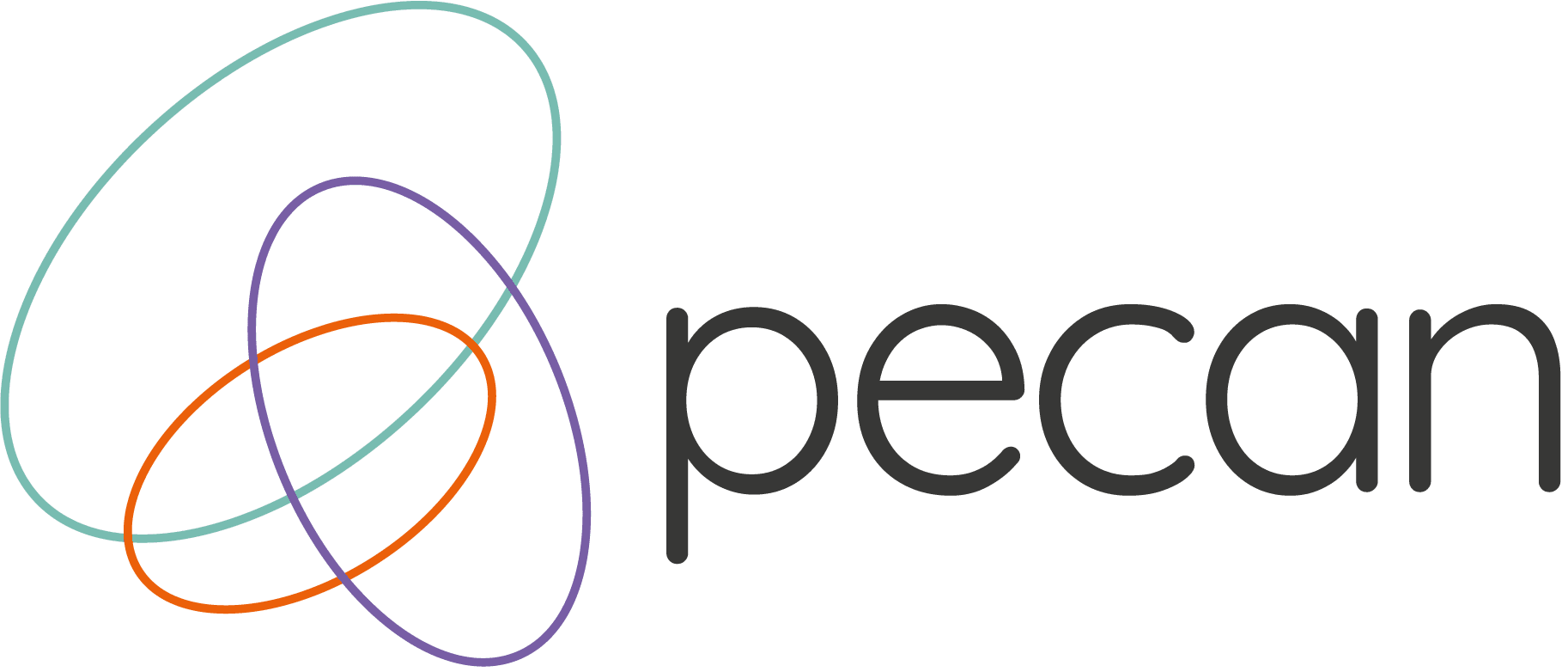Culture evolution & High performing teams
Open University
168215
Students registered
Top 5
For student satisfaction
87%
Student satisfaction
Challenge
The Open University (OU) was facing a number of internal and external challenges, including
- Falling student numbers
- Rapidly changing political environment
- Increased competition
The OU needed to embark on a period of fundamental, mission-critical and sustained change to meet these challenges. The Vice Chancellor and his executive team recognised that in order to succeed the institution needed to quickly establish an adaptive organisational culture (AOC).
Solution
Strategic clarity
Our initial focus was to support the VCE in aligning to a common vision for the future University and a narrative to bring this to life for the rest of the institution. This resulted in a simple strategy on a page.

Cultural characteristics
Pecan carried out an institution-wide culture review to gain insight into how the current culture would help and hinder strategy delivery. The output was a set of images and short descriptions of the core cultural traits, their causes and implications for performance.


Aligned to common purpose
With clear strategic direction and an imperative for culture evolution, key stakeholder groups including the SLT, University Council and Student Executive Committee were engaged in creating appetite for change and ownership for bringing it about.
Creating a movement
To spearhead the change in culture focus has placed in five critcal units across the university
- The biggest faculty and home of many of the most change averse academics
- The unit responsible for student acquisition, engagement and retention
- The unit at the heart of the OU’s teaching and learning provision
- Plus HR and IT as the critical enabling units
Colleagues at all levels were engaged to translate their culture vision into practical, implementable plans, with each leadership team owning their implementation.
Leadership in action
Pecan co-designed a leadership development programme creating a blueprint of attitudes and behaviours needed to create the adaptive culture. The most senior 100 leaders took part in workshops, engaging them with the blueprint and developing their ability to role model and lead their teams’ mindset and behaviour change. This was followed by peer coaching to embed learning and continue to strengthen cross faculty/unit collaboration and relationships.
Engaging in change toolkit
Leaders and managers were provided with a set of simple, practical tools to quickly embed new ways of working into daily activities and maintain change momentum.

“
Changing behaviours and mindsets is one of the hardest tasks imaginable and you do it with ease and immense skill.
